Home>diy>Building & Construction>How Much Does A Superintendent In Construction Make
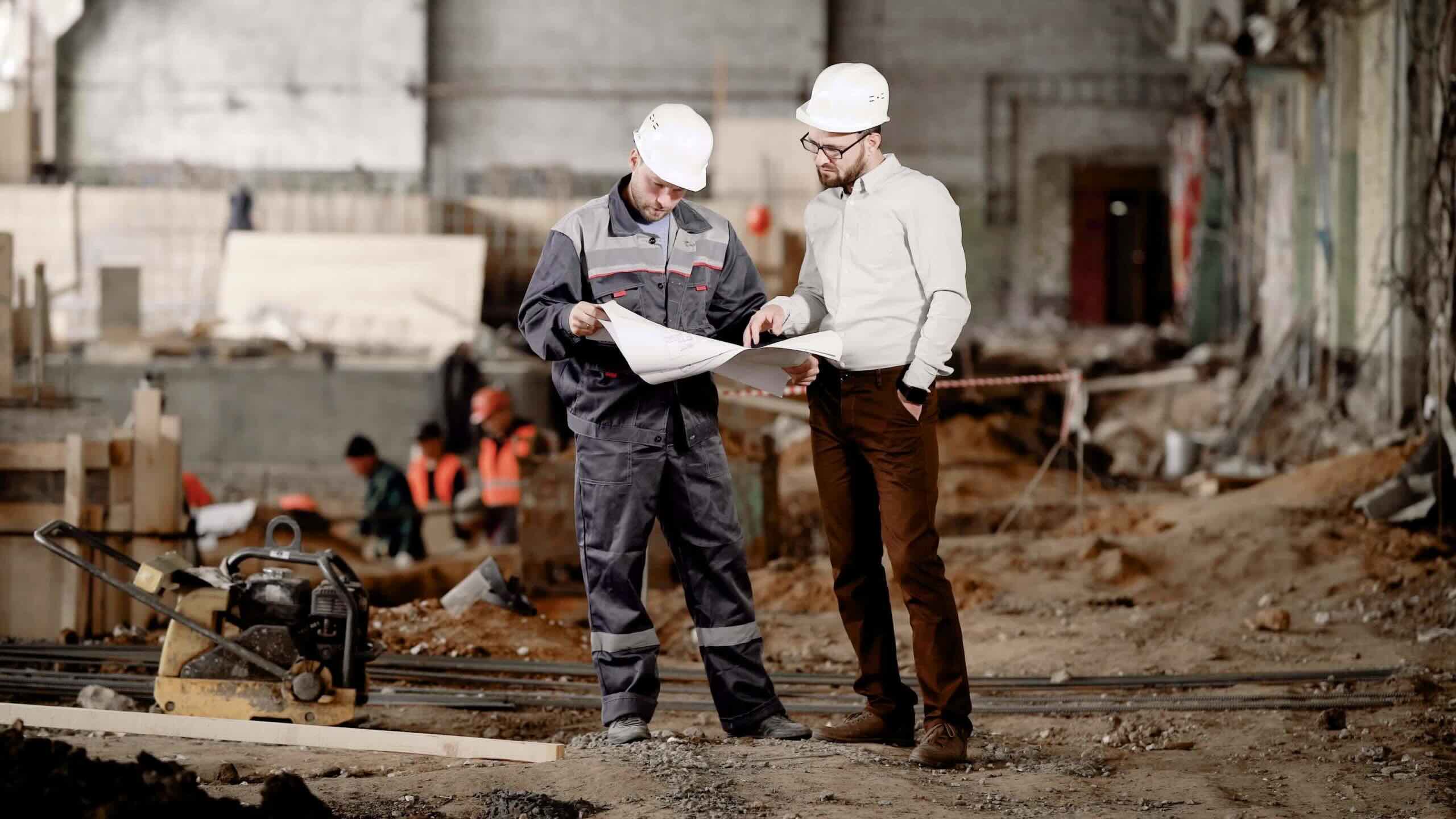

Building & Construction
How Much Does A Superintendent In Construction Make
Modified: August 28, 2024
Discover the average salary of a superintendent in building construction. Find out how much these professionals make and how you can pursue a career in this field.
(Many of the links in this article redirect to a specific reviewed product. Your purchase of these products through affiliate links helps to generate commission for Storables.com, at no extra cost. Learn more)
Introduction
Welcome to the world of construction superintendents! If you have ever wondered how much a superintendent in the construction industry earns, you have come to the right place. In this article, we will delve into the various factors that influence the salary of construction superintendents, as well as provide you with an in-depth look at the average salary range.
A construction superintendent plays a crucial role in overseeing and managing construction projects from start to finish. Their responsibilities include supervising the construction team, ensuring that the project stays on schedule and within budget, and maintaining a safe and productive work environment. With their extensive knowledge of building construction and organizational skills, superintendents are instrumental in ensuring that projects are completed successfully.
Understanding the salary range for construction superintendents requires a closer look at the experience and education requirements for this role. Additionally, factors such as location, company size, and years of experience also play a significant role in determining a superintendent’s salary. Let’s explore each of these elements further to gain a better understanding of how they impact earning potential.
Keep in mind that salary figures may vary depending on market conditions, industry trends, and other factors. The information provided in this article serves as a general guideline and should not be considered definitive.
Now that we have set the stage, let’s dive into the details about the responsibilities of a construction superintendent and the factors that influence their salary.
Key Takeaways:
- Construction superintendents’ salaries vary based on experience, education, location, and project scope. Factors such as company size and additional benefits also impact earning potential.
- Superintendents can expect salaries ranging from $60,000 to $120,000 or more annually, influenced by factors like experience, location, and company size. Additional perks such as health insurance and retirement plans add value to the overall compensation package.
Read more: What Is A Construction Superintendent
Definition of a Construction Superintendent
A construction superintendent is a key figure in the construction industry responsible for overseeing and managing the day-to-day operations of a construction project. As the leader on the construction site, the superintendent ensures that the project is executed efficiently, safely, and in accordance with the plans and specifications.
The superintendent serves as a liaison between the project manager, subcontractors, suppliers, and other stakeholders involved in the construction process. They are responsible for coordinating the various trades and ensuring that work is completed on time and to the required quality standards.
In addition to managing the workforce, a construction superintendent is also responsible for monitoring the progress of the project, ensuring that it stays on schedule and within budget. They must have a thorough understanding of the construction plans, be able to interpret them accurately, and make decisions in the field when necessary to keep the project on track.
On a daily basis, a superintendent may be involved in activities such as inspecting workmanship and materials, identifying and resolving issues that arise during construction, communicating with clients and project stakeholders, and ensuring compliance with safety regulations. They must have excellent communication and leadership skills, as they are responsible for directing and motivating the construction team.
Construction superintendents must possess a deep understanding of the construction process, including knowledge of building codes, regulations, and industry best practices. They must be able to read and interpret construction drawings and specifications, and effectively communicate project requirements to subcontractors and other team members.
In summary, a construction superintendent is a highly skilled professional who manages all aspects of a construction project, from planning to completion. Their role is crucial in ensuring that projects are executed smoothly, efficiently, and to the highest quality standards.
Responsibilities of a Construction Superintendent
A construction superintendent handles a wide range of responsibilities to ensure the successful execution of a construction project. Let’s explore some of the key responsibilities that they are entrusted with:
- Overseeing Construction Activities: The superintendent is responsible for overseeing all construction activities on the site. This includes coordinating with subcontractors, ensuring that work is being carried out as per the project plans and specifications, and resolving any issues that arise during the construction process.
- Managing the Construction Team: The superintendent is in charge of managing and supervising the construction team. This involves assigning tasks, providing guidance, and ensuring that all team members are working effectively and efficiently. They must also monitor the progress of work and make adjustments to schedules and resources as needed.
- Ensuring Safety Compliance: Safety is a top priority in the construction industry, and it is the superintendent’s responsibility to enforce safety regulations on the construction site. They must conduct regular safety inspections, provide safety training to the team, and take appropriate measures to mitigate any potential hazards or risks.
- Monitoring Project Progress: Superintendents are responsible for monitoring the progress of the construction project to ensure that it stays on track. This involves tracking and documenting daily activities, maintaining project records, and reporting progress to the project manager and other stakeholders. They must also address any delays or issues that may arise, implementing corrective measures to keep the project on schedule.
- Managing Budget and Resources: Superintendents play a crucial role in managing the project budget and resources. They must ensure that materials and equipment are procured in a timely manner and are used efficiently to minimize waste. They are also responsible for tracking project expenses, approving invoices, and making cost-effective decisions to stay within the allocated budget.
- Communicating with Stakeholders: Effective communication is essential for the smooth operation of a construction project. Superintendents are responsible for maintaining regular communication with the project manager, subcontractors, suppliers, and other stakeholders. They must convey project updates, address concerns, and ensure that everyone is aligned towards the project goals.
These are just a few of the key responsibilities that construction superintendents handle on a daily basis. The ability to multitask, make quick decisions, and effectively manage resources and personnel are essential qualities for success in this role.
Experience and Education Requirements
To become a construction superintendent, a combination of experience and education is typically required. Let’s take a closer look at the experience and education requirements for this role:
Experience: Construction superintendents generally need to have previous experience working in the construction industry. This experience helps them develop a solid understanding of the construction process, including knowledge of building codes, regulations, and industry best practices. Many superintendents start their careers as construction workers, gaining hands-on experience and gradually working their way up to superintendent positions. It is common for superintendents to have several years of experience in various roles within the construction industry, such as carpentry, electrical work, or plumbing.
Education: While a formal education is not always a requirement, a high school diploma or equivalent is typically necessary to become a construction superintendent. Some employers may prefer candidates with post-secondary education in construction management or a related field. Pursuing a degree or certification in construction management can provide individuals with a solid foundation in construction principles, project management, and leadership skills. Additionally, ongoing professional development and staying up-to-date with industry advancements can enhance career prospects and help individuals excel in their role as a construction superintendent.
Certifications: There are various certifications available that can further enhance a construction superintendent’s credentials. The Construction Superintendent Certification (CSC) offered by the Construction Management Association of America (CMAA) is one example. This certification validates the superintendent’s knowledge and expertise in construction management principles, processes, and best practices. Other certifications, such as those specific to safety and project management, can also be beneficial for the role.
Skills and Qualities: In addition to experience and education, certain skills and qualities are essential for success as a construction superintendent. Excellent communication and interpersonal skills are crucial, as superintendents need to effectively communicate with various stakeholders, including clients, subcontractors, and the construction team. Strong leadership and problem-solving skills are also important, as superintendents are responsible for making decisions, resolving conflicts, and managing unexpected issues that arise during the construction process. Attention to detail, organizational abilities, and the ability to work under pressure and meet deadlines are highly valued traits for construction superintendents.
While experience and education are the core requirements for becoming a construction superintendent, continuous learning, on-the-job training, and staying up-to-date with industry advancements are essential for professional growth and advancement in this role.
Factors Affecting Superintendent Salaries
A variety of factors contribute to the salary range of construction superintendents. It is important to understand these factors to gain insight into what influences superintendent salaries. Let’s explore some of the key factors:
Experience: Experience is one of the primary factors that influence superintendent salaries. Generally, as a superintendent gains more years of experience in the construction industry, their earning potential increases. Superintendents with a proven track record of successfully managing complex projects and demonstrating leadership skills are often able to command higher salaries.
Education and Certifications: While a high school diploma is typically the minimum educational requirement for this role, additional education and certifications can impact salary. A construction superintendent with a bachelor’s degree or relevant certifications in construction management or a related field may have a stronger foundation of knowledge and skills, which can lead to higher earning potential.
Geographic Location: Location plays a significant role in determining superintendent salaries. Construction markets and labor costs can vary significantly from one geographic area to another. Salaries tend to be higher in densely populated metropolitan areas with high construction activity and demand. On the other hand, in rural or less developed areas, salaries may be lower due to lower labor and living costs.
Company Size and Project Scope: The size and complexity of the construction projects that a superintendent oversees can impact their salary. Superintendents working for larger companies or managing high-value projects with intricate designs and tight schedules may receive higher compensation than those working on smaller-scale projects.
Market Demand and Economic Conditions: The overall market demand for construction and the prevailing economic conditions can influence superintendent salaries. During periods of high demand and economic prosperity, superintendents may benefit from increased job opportunities and higher salaries. Conversely, during economic downturns or recessions, salaries may stagnate or even decrease due to reduced construction activity and increased competition.
Additional Skills and Specializations: Possessing additional specialized skills or knowledge can also impact superintendent salaries. For instance, superintendents with expertise in green building, LEED certification, or other specialized areas may be in higher demand and command higher salaries.
Overall Compensation Package: In addition to base salary, construction superintendents may also receive additional benefits and perks, such as health insurance, retirement plans, bonuses, and vehicle allowances. These factors should be taken into account when evaluating the total compensation package.
It’s important to keep in mind that superintendent salaries can vary widely based on these factors, and individual negotiation skills and the specific company’s compensation structure can also influence earning potential. As with any occupation, it is essential to research and consider these factors when assessing superintendent salaries in a particular context.
Average Salary Range for Construction Superintendents
The average salary range for construction superintendents can vary depending on factors such as experience, education, location, company size, and project scope. While it is difficult to provide an exact figure, we can provide a general overview of the salary range based on industry data and market trends.
According to the Bureau of Labor Statistics (BLS), the median annual wage for construction managers, which includes superintendents, was $97,180 as of May 2020. However, it is important to note that this figure includes professionals at various levels within the construction management field, and superintendents may earn higher or lower salaries within this range.
Construction superintendents with a few years of experience can typically expect to earn a salary within the range of $60,000 to $80,000 per year. As they gain more experience and take on larger and more complex projects, their salaries can increase to a range of $80,000 to $120,000 or more annually.
It’s worth mentioning that salaries can also vary significantly based on location. Metropolitan areas with high construction activity, such as New York City, San Francisco, or Houston, tend to offer higher salaries to construction superintendents due to the higher cost of living and demand for skilled professionals. In contrast, rural or less populated areas may have lower salary ranges.
The size and scope of the projects that a superintendent manages can also impact their salary. Superintendents overseeing large-scale projects or working for larger construction companies may receive higher salaries compared to those involved in smaller-scale projects or working for smaller firms.
It’s important to note that the salary figures mentioned here are general estimates and can vary significantly based on individual qualifications and market conditions. Additionally, other factors such as additional benefits, bonuses, and perks can also enhance the overall compensation package for construction superintendents.
To get a better understanding of the specific salary range for construction superintendents in your area, it is advisable to consult industry-specific salary surveys, job postings, and local construction associations. These resources can provide more accurate and up-to-date information on salary trends and expectations in your location.
Remember, salary negotiations can also play a role in determining the final compensation. So, it’s essential to conduct thorough research and present yourself as a competent and experienced professional when negotiating your salary as a construction superintendent.
Superintendents in construction typically make an average salary of around $70,000 to $100,000 per year, depending on experience, location, and the size of the projects they oversee. Keep in mind that this can vary based on the specific company and industry.
Salary Comparison based on Location
The salary of a construction superintendent can vary significantly depending on the geographic location. Factors such as the cost of living, demand for construction professionals, and regional economic conditions all play a role in determining superintendent salaries. Let’s take a closer look at how salaries may differ based on location.
Metropolitan Areas: Construction superintendents working in large metropolitan areas tend to earn higher salaries compared to those in smaller cities or rural areas. For example, cities like New York, Los Angeles, and San Francisco have higher living costs and higher demand for skilled construction professionals, resulting in higher superintendent salaries. The increased competition and higher project budgets in these areas contribute to the higher earning potential.
Regional Variations: Even within a country, salaries can differ between regions. Construction superintendents in regions with strong construction markets, such as major cities or areas experiencing rapid urban development, may see higher salaries. For example, areas with a booming real estate market or infrastructure development projects often offer higher compensation to attract and retain skilled superintendents.
Rural or Less Populated Areas: In contrast to metropolitan areas, salaries for construction superintendents in rural areas or less populated regions may be lower. The lower cost of living in these areas and potentially reduced construction activity contribute to the lower salary range. However, it’s important to note that salaries in rural areas can still vary depending on the specific construction needs and opportunities in that region.
International Comparisons: Salaries for construction superintendents can also vary significantly on an international scale. Factors such as economic conditions, infrastructure development, and labor market dynamics in different countries can influence superintendent salaries. For instance, construction superintendents in developed countries with robust construction industries, such as the United States, Canada, and parts of Europe, tend to earn higher salaries compared to those in developing countries.
Cost of Living Adjustments: When comparing salaries based on location, it is essential to consider the cost of living in each area. A higher salary in a metropolitan area may not necessarily translate to a higher standard of living if the cost of living is significantly higher. Salary comparisons should take into account factors such as housing costs, transportation expenses, and other living expenses to accurately assess the purchasing power of superintendent salaries in different locations.
It’s important to note that the salary comparisons based on location are relative, and individual circumstances and factors should be taken into account. When considering opportunities in different locations, it is advisable to research market trends, consult salary surveys specific to the construction industry, and factor in the local cost of living to make informed decisions about potential salary adjustments.
Ultimately, the key is to find a balance between salary expectations and the overall quality of life in a particular location.
Salary Comparison Based on Company Size
The size of a construction company can significantly impact the salary range for construction superintendents. Different company sizes offer varying levels of resources, project complexities, and organizational structures, which can influence superintendent salaries. Let’s explore how salaries may differ based on company size.
Large Construction Companies: Superintendents working for large construction companies with extensive resources and a wide range of projects often have higher earning potential. These companies typically manage large-scale projects with higher budgets, requiring experienced superintendents to handle complex construction operations. Superintendents in these companies may have access to more comprehensive benefits, bonuses, and opportunities for career advancement, which can result in higher salaries compared to smaller organizations.
Mid-Sized Construction Companies: Mid-sized construction companies may offer competitive salaries for superintendents. These companies may have a diverse portfolio of projects that require experienced superintendents to manage construction operations successfully. Although the salaries may be slightly lower compared to large companies, mid-sized firms often provide opportunities for increased responsibility and involvement in decision-making processes.
Small Construction Companies: Superintendents in small construction companies may receive competitive salaries depending on the company’s financial stability and the scale of their projects. While salaries in small companies may be relatively lower due to limited resources and project sizes, there may be opportunities for superintendents to have a more hands-on role in every aspect of the construction process. Superintendents in small companies may also benefit from a more flexible work environment and increased job security.
Start-ups and Specialty Firms: Start-ups and specialty construction firms may offer varying salaries for superintendents based on their financial situations and specific niche in the construction industry. Start-ups may have limited resources, resulting in lower initial salaries, but with the potential for growth and increased responsibilities as the company expands. Specialty construction firms, such as those focusing on green building or historical restoration, may offer higher salaries tailored to the specialized expertise required for their projects.
When considering salary comparisons based on company size, it’s important to remember that other factors can also influence superintendent salaries, such as location, project scope, and individual qualifications. Additionally, salary ranges can vary within each company size category due to factors such as company reputation, market demand, and competition for experienced superintendents.
It’s advisable for construction superintendents to research industry-specific salary surveys, consult job postings, and network with professionals in their field to gain a better understanding of the salary range offered by different company sizes. Ultimately, each superintendent should carefully consider their own career goals, work environment preferences, and opportunities for growth and advancement when evaluating salary offers from construction companies of different sizes.
Salary Comparison Based on Experience
Experience is a significant factor that influences the salary range for construction superintendents. As superintendents gain more years of experience and accumulate valuable skills and knowledge, their earning potential typically increases. Let’s explore how salaries may differ based on experience levels.
Entry-Level Superintendents: Superintendents who are just starting their careers or have a few years of experience in the construction industry can expect salaries within the lower range. Entry-level superintendent salaries typically range from around $60,000 to $80,000 per year, depending on factors such as education, location, and company size. These superintendents are gaining hands-on experience and developing their skills under the guidance of senior professionals.
Mid-Level Superintendents: Superintendents with a moderate level of experience, typically ranging from 5 to 10 years, may earn higher salaries compared to entry-level counterparts. These mid-level superintendents have gained substantial industry knowledge and demonstrated their ability to manage construction projects effectively. Salaries for mid-level superintendents can range from around $80,000 to $100,000 or more annually, depending on factors such as location, company size, and the complexity of projects they oversee.
Senior-level Superintendents: Senior-level superintendents with extensive experience and a track record of successfully managing complex construction projects can command higher salaries. These professionals often have more significant responsibilities, oversee larger teams, and handle high-value projects. Salaries for senior-level superintendents can range from $100,000 to $150,000 or more per year, depending on factors such as location, company size, and industry demand.
In-demand Specialists: Superintendents with specialized skills or expertise in areas such as green building, healthcare, or infrastructure may earn higher salaries due to their specialized knowledge. As these specialists are in high demand within the construction industry, their salaries may exceed the average range for their experience level.
It’s important to note that while experience is a key determinant of superintendent salaries, other factors such as education, certifications, location, company size, and project scope also play a role. Superintendents with a combination of experience, education, and specialized skills can command higher salaries within their respective experience levels.
When considering salary comparisons based on experience, it’s beneficial for superintendents to research industry-specific salary surveys, consult with peers and mentors in the field, and leverage professional networks to gain insights into salary trends and negotiation strategies. It’s also important for superintendents to continually improve their skills, stay updated on industry advancements, and seek out opportunities for professional development to enhance their earning potential as their experience grows.
Other Benefits and Perks
In addition to base salaries, construction superintendents may receive various benefits and perks as part of their compensation packages. These additional benefits can add value to the overall compensation and contribute to a more attractive work environment. Let’s explore some of the common benefits and perks that superintendents may receive:
- Health Insurance: Many construction companies offer health insurance plans to their employees, including superintendents. These plans may cover medical, dental, and vision expenses, providing financial security and peace of mind for the superintendent and their family.
- Retirement Plans: Superintendents may have access to retirement plans, such as 401(k) or pension plans, which allow for tax-advantaged savings for retirement. Some companies may also offer matching contributions, further enhancing the superintendent’s ability to build long-term financial security.
- Bonuses and Incentives: Depending on company policies and performance metrics, superintendents may be eligible for bonuses or incentives based on project completion, meeting targets, or achieving exceptional results. These financial rewards can serve as motivation and recognition for their hard work and dedication.
- Vehicle Allowance: Construction superintendents may receive a vehicle allowance or company vehicle for job-related travel. This perk can help alleviate transportation expenses and provide convenience for site visits and project management.
- Professional Development: Some companies encourage and support ongoing professional development for superintendents. This may include opportunities for attending conferences, workshops, seminars, or pursuing additional certifications or advanced degrees. The company’s investment in the superintendent’s growth and skills development can enhance their career prospects and earning potential.
- Paid Time Off: Superintendents typically receive paid time off for vacation, holidays, and sick leave. This benefit allows them to maintain a healthy work-life balance and recharge, minimizing burnout and increasing job satisfaction.
- Flexible Work Arrangements: Flexibility in work hours or remote work options may be available for superintendents, depending on the nature of the projects and company policies. This flexibility can provide an improved work-life balance and accommodate personal commitments.
- Workplace Safety: Construction companies prioritize workplace safety, including providing personal protective equipment (PPE), safety training, and maintaining a culture of safety. Superintendents benefit from a safe and secure work environment that prioritizes their well-being.
- Employee Assistance Programs: Some companies offer employee assistance programs (EAPs) to provide support for the overall well-being of employees. EAPs may include counseling services, mental health support, financial planning resources, and other services to help employees navigate personal challenges.
These benefits and perks contribute to the overall job satisfaction of construction superintendents, enhancing their compensation beyond the base salary. The specific benefits and perks offered can vary from company to company, so it’s essential for superintendents to carefully review and evaluate the total compensation package when considering job opportunities.
Remember to negotiate and discuss these benefits during the hiring process to ensure the best possible compensation and work environment that aligns with your needs and priorities as a construction superintendent.
Conclusion
Being a construction superintendent is a challenging and rewarding career path within the construction industry. As we have explored throughout this article, superintendent salaries can vary based on a variety of factors, including experience, education, location, company size, and project scope.
Experience plays a crucial role in determining superintendent salaries, with entry-level superintendents earning lower salaries compared to mid-level and senior-level counterparts. Education and specialized certifications can also impact salary potential, as they demonstrate a higher level of knowledge and expertise in the field.
Location is another significant factor that influences superintendent salaries. Metropolitan areas and regions with robust construction markets generally offer higher salaries due to increased demand and higher living costs. On the other hand, rural areas or less populated regions may have lower salary ranges due to reduced construction activity and lower living expenses.
Company size and project scope can also affect superintendent salaries. Superintendents working for larger companies or overseeing complex projects often earn higher salaries compared to those working for smaller firms or managing smaller-scale projects.
Other benefits and perks, such as health insurance, retirement plans, bonuses, professional development opportunities, and flexible work arrangements, add value to the overall compensation package and contribute to job satisfaction.
Ultimately, it’s important for construction superintendents to consider all these factors when assessing salary expectations and evaluating job opportunities. Industry-specific salary surveys, networking with professionals in the field, and conducting thorough research can provide valuable insights into salary ranges and negotiation strategies.
Remember that salary is just one aspect of a superintendent’s compensation. It’s essential to consider factors such as company culture, career growth opportunities, and work-life balance when making decisions about job offers.
As a construction superintendent, your expertise and leadership skills play an integral role in ensuring the successful execution of construction projects. By staying informed about industry trends, continuously improving your skills, and seeking out opportunities for professional development, you can enhance your earning potential and thrive in this rewarding profession.
Remember, the salaries and benefits mentioned in this article should be used as general guidelines and may vary based on individual circumstances, market conditions, and company policies.
Wishing you success in your career as a construction superintendent!
Frequently Asked Questions about How Much Does A Superintendent In Construction Make
Was this page helpful?
At Storables.com, we guarantee accurate and reliable information. Our content, validated by Expert Board Contributors, is crafted following stringent Editorial Policies. We're committed to providing you with well-researched, expert-backed insights for all your informational needs.
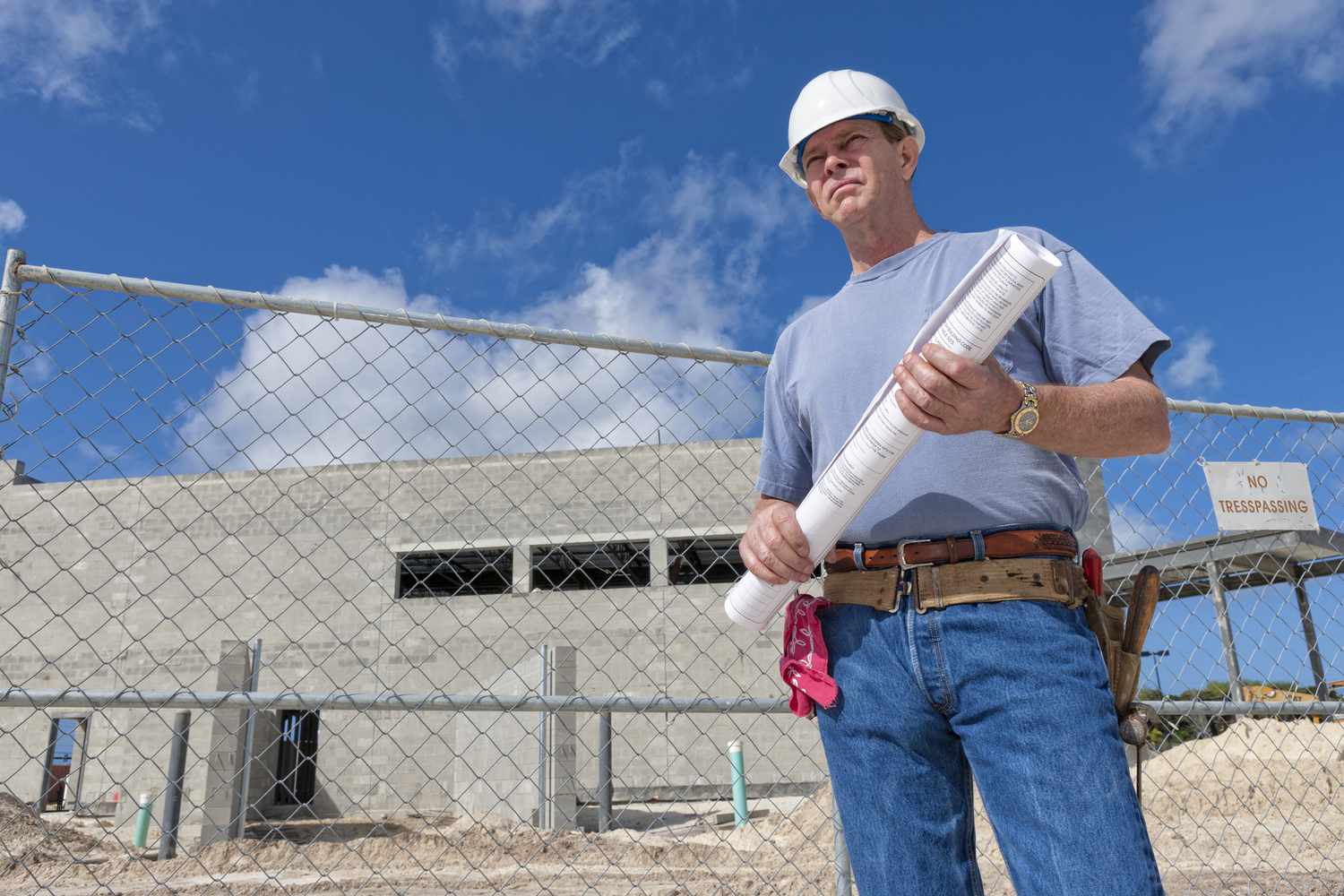







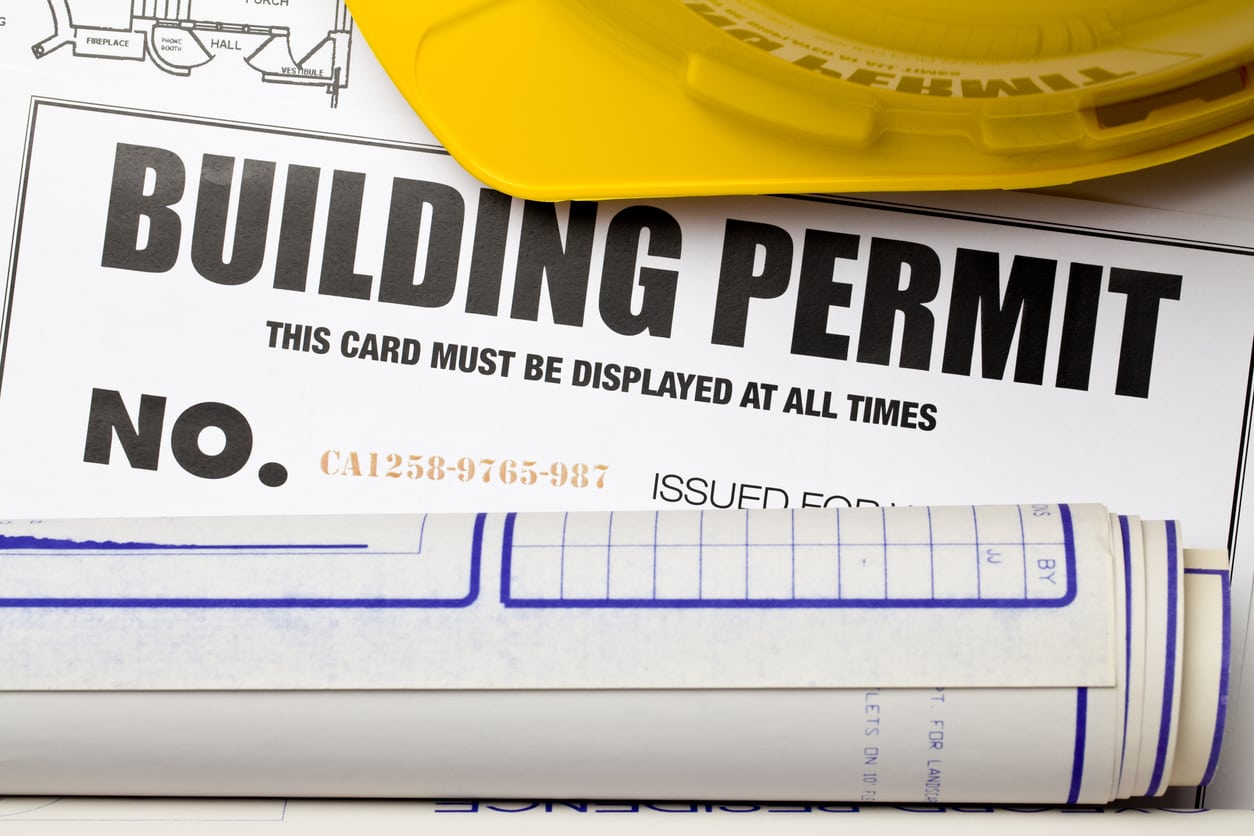

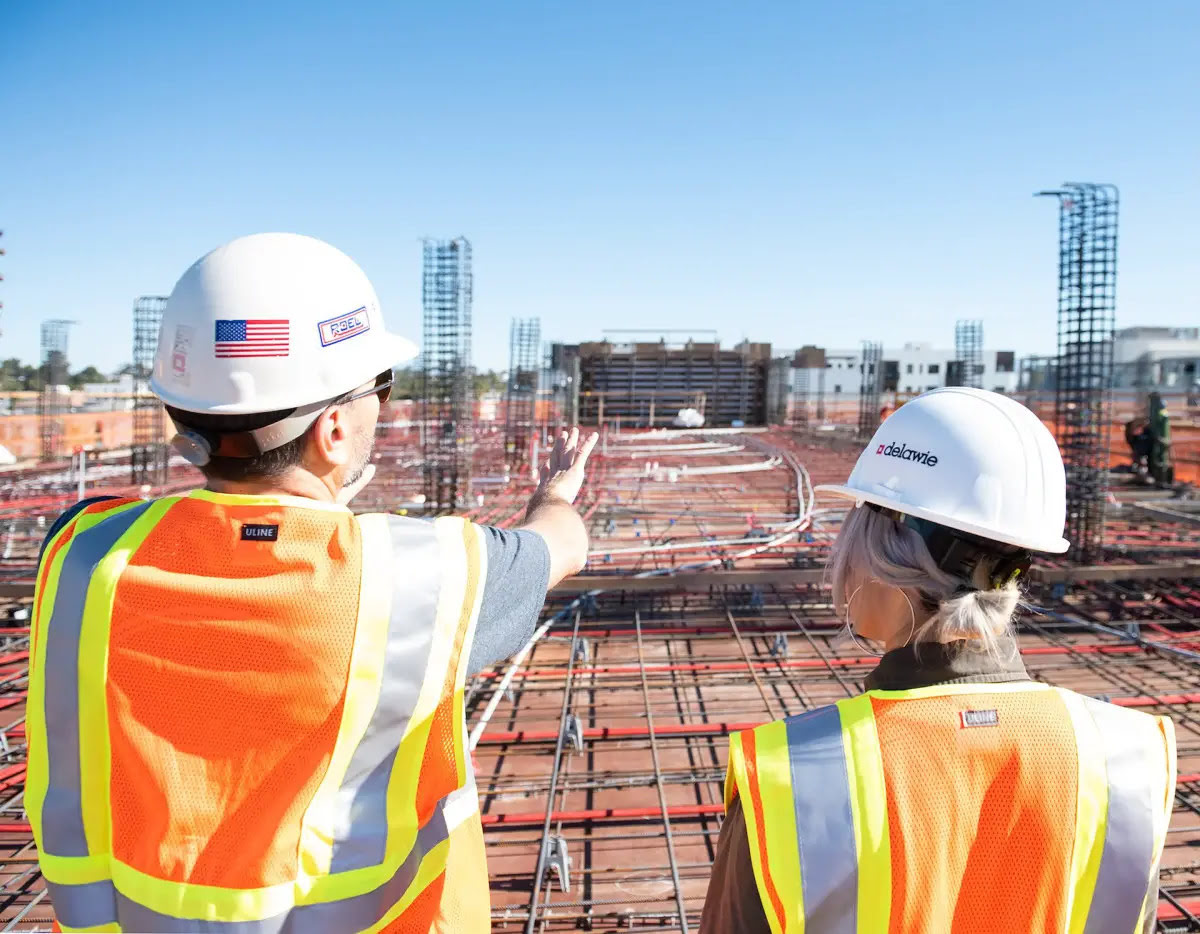
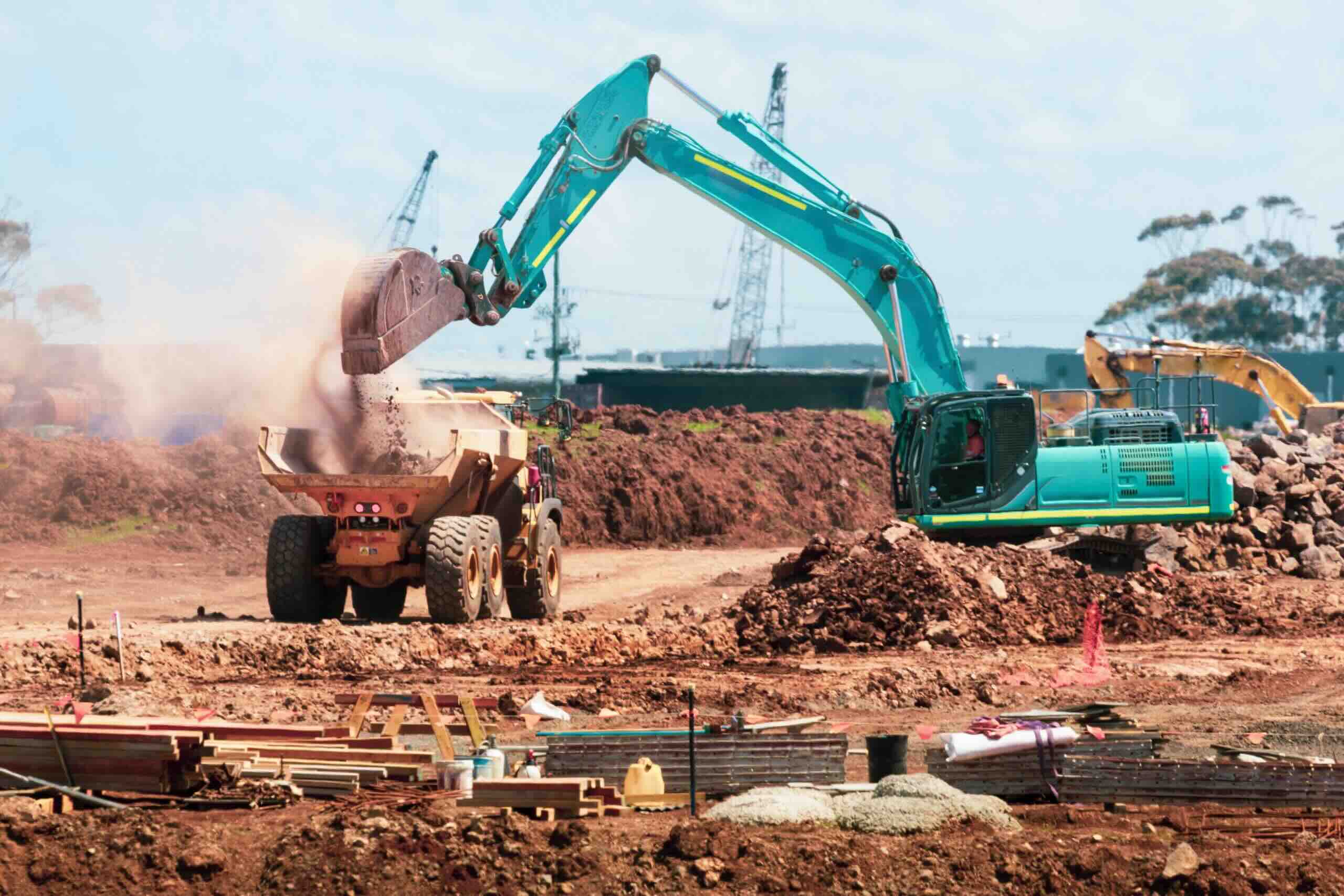


0 thoughts on “How Much Does A Superintendent In Construction Make”